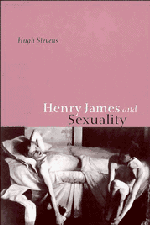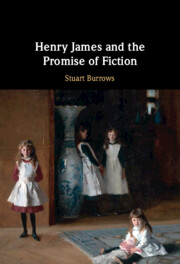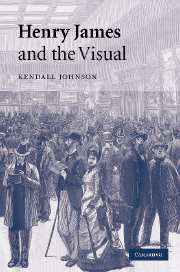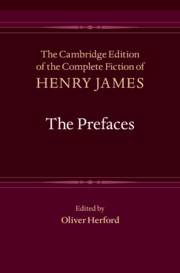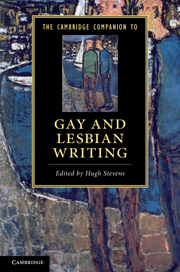Henry James and Sexuality
In Henry James and Sexuality, Hugh Stevens argues for a new interpretation of James's fiction. Stevens argues that James's writing contains daring and radical representations of transgressive desires and marginalized sexual identities. He demonstrates the importance of incestuous desire, masochistic fantasy, and same-sex passions in a body of fiction which ostensibly conforms to, while ironically mocking, the contemporary moral and publishing codes James faced. James critiques the very notion of sexual identity, and depicts the radical play of desires which exceed and disrupt any stable construction of identity. In a number of his major novels and tales, Stevens argues, James anticipates the main features of modern 'gay' or 'queer' fiction through plots and narrative strategies, which opposes heterosexual marriage and homo-erotic friendship. This original and exciting work will transform our understanding of this most enigmatic of writers.
- First treatment of James's work though the use of 'queer theory'
- Gives an account of 'queer theory', history of sexuality and James studies
- Shows James influence on later writers' representations of sexuality
Reviews & endorsements
"Combining extraordinary theoretical range and subtlety with deft readings of a swath of Jamesian prose, Hugh Stevens makes the most comprehensive and compelling argument to date for James's place in queer literary history, setting a high standard indeed for interlocutors to come." Henry James Review
Product details
November 2008Paperback
9780521089852
232 pages
229 × 152 × 13 mm
0.35kg
Available
Table of Contents
- 1. Henry James and the languages of sex
- 2. Gender and representation in The Wings of the Dove
- 3. Sexuality and the aesthetic in The Golden Bowl
- 4. The Eroticism of prohibition: masochism and the law in Roderick Hudson
- 5. Queer plotting: The Bostonians and the Princess Casamassima
- 6. James's late short fiction and the spectacle of modern homosexuality
- 7. Suicide and blackmail: James's 'poor sensitive gentlemen'
- Conclusion: 'that queer monster the artist'
- Bibliography.

